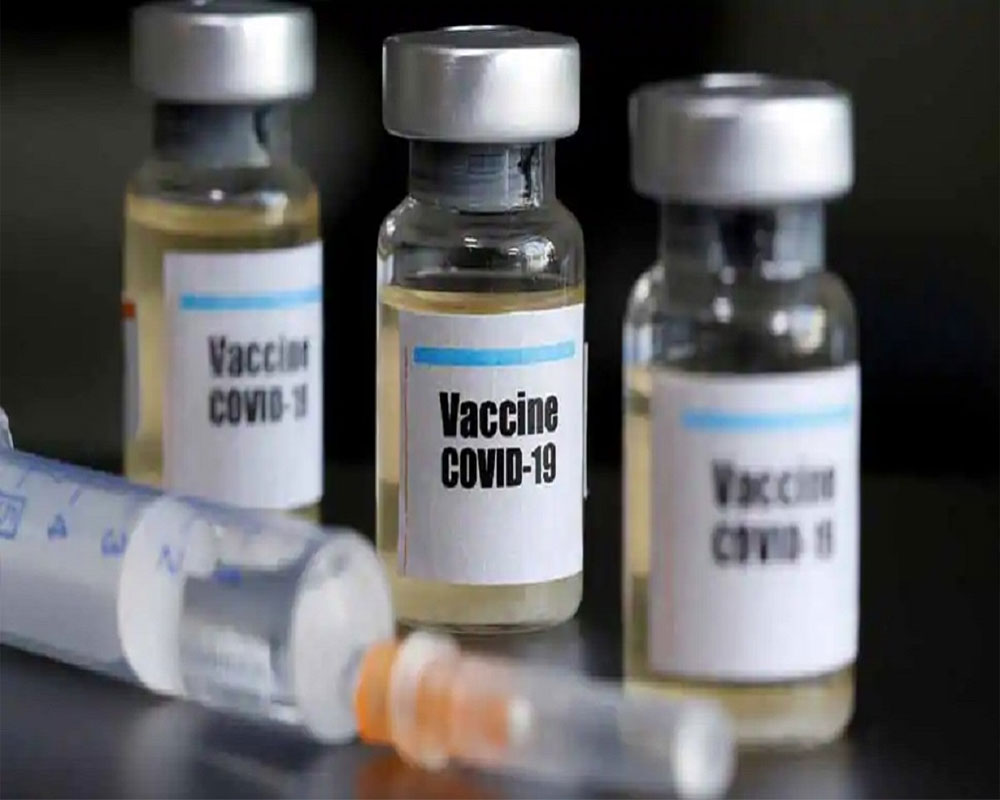There are three ways to overcome the issues facing us in our anti-COVID fight
One of my close friends called up a few days back to discuss renovation of his Amidst exponential increase in demand for vaccination, Indian policy makers are looking for all possible options to ramp up supplies. A major hindrance in the way is the intellectual property rights (IPRs) associated with new drugs which are mostly discovered and developed by multinational pharmaceutical companies. For instance, Covishield was discovered and developed by Astra-Zeneca in collaboration with Oxford University; a license for its manufacture has been given to Pune-based Serum Institute of India (SII).
The most crucial of these rights relates to patent. The patent granted to an innovator company for a new drug gives a period of 'market exclusivity' during which no other firm can manufacture and sell the said drug unless it has prior consent of the patent holder. For Covishield, only SII has the license to produce and royalty is also pretty high. There are three waysto overcome these barriers. First,a compulsory license (CL) — a flexibility available to developing countries under the TRIPs agreement — authorizes a generic firm to manufacture and market a patented product without prior consent of the patent holder. A CL under Indian Patent (Amendment) Act, 2005 can be issued for “private commercial use" if the patent holder has not taken steps to make the product available in "sufficient" quantities or price charged is "unaffordable.” Thegovernment can also issue the CL citing circumstances of "national emergency or for public non-commercial use." But, this by itselfdoes not assure that they will be able to produce. Unlike generic medicine, vaccine is an organic entity and making it is a different ball game altogether. Even an easy protein (AstraZeneca vaccineis much more complex containing a bio-engineered adenovirus that expresses the Sars-Cov-2's spike protein) is far more advanced and complex than a drug like, say, paracetamol.
As for the power of copying the product or the method, the generic manufacturer can't get a clue merely by studying a patent as it does not divulge the specifics. By issuing CL, the government may cross the patent barrier but for access to know-how, the generic manufacturer will still have to go to the innovator. Add to this, the problem of sourcing raw materials and other components needed for making the vaccine. We have already seen how in case of Covishield, in the initial stage, the production was hamstrung due to issues in importing raw material. This is when the SII has a license from AstraZeneca. What would happen if we go into confrontation mode - inevitable when CL is issued?
A second option is to seek temporary waiver of TRIPS provisions to deal with public health emergencies. India along with South Africa had submitted a proposal in October, 2020 and has already received support of majority of members including USA. If approved, this will give global legitimacy to several companies for producing the vaccine without having to seek nod of the innovator. But, the big question for now is whether the proposal will be cleared at all. A third option is 'voluntary license' (VL), an authorization given by the patent holder to a generic company allowing it to produce the patented drug. The license sets quality requirements and defines the markets in which the licensee can sell the product. In the present crisis situation VL offers the best betthe Indian company need not worry about technical knowhow and raw materials.
(The writer is a policy analyst. The views expressed are personal.)


























